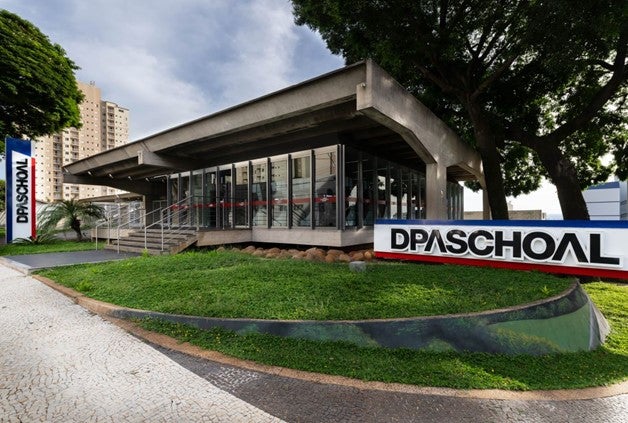
Stellantis has acquired 70% of the controlling interest in Brazilian automotive services company, DPaschoal.
It comes as the automaker moves to expand its presence in Latin America.

Discover B2B Marketing That Performs
Combine business intelligence and editorial excellence to reach engaged professionals across 36 leading media platforms.
DPaschoal offers products and services for light, heavy and agricultural vehicles.
It has 2,800 employees and closed 2023 with revenue of R$2.6 billion.
Emanuele Cappellano, president of Stellantis for South America said: “We move forward as a mobility tech company, a company capable of meeting all the mobility and service needs of our customers.”
Luís Norberto Pascoal will maintain the remaining 30% of the company’s shares and stays vice-president of the board of directors.
Paulo Solti, vice president of Parts and Services at Stellantis South America said: “Brazil is one of the most promising automotive markets in the world and, for this reason, Stellantis has established a regional expansion plan in order to increase its customer service capacity throughout its journey.”
The auto parts market generated more than R$96 billion in South America in 2022.
In Brazil, the sector transacted more than R$61 billion in the period. Of that, some 20% corresponds to original parts (OEM) and 80% to parts from independent manufacturers in the replacement and aftersales market.






